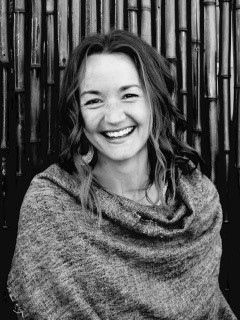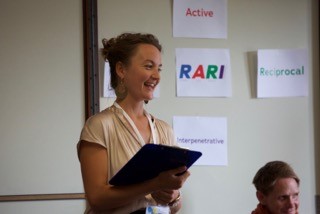Adult Development - I'm an adult, so why do I feel this way? By Lindsay Boyce
When I get asked the question “What is your specialty?” I might hear myself say something like: “I am drawn to work with the existential experiences of adulthood.”
Behind that answer is a deep reverence for the significant – and sometimes monumental – shifts we undergo in our adult lives. At the root of these shifts is often a very natural process at work: our consciousness developing. And this means our perspective on life is changing.
The state of our consciousness, in any given moment, colors our whole lives. It powerfully influences what we pay attention to, how we interpret our experience, what is valuable to us, and what awareness capacities we have. The catch is that we cannot usually “see” our own consciousness. It’s like wearing tinted contact lenses without knowing we are wearing them. We see from our consciousness more than we can see it.
When our consciousness grows and our perspective shifts in a significant way – often in response to a significant life event or culmination to a tipping point – the tint on our contacts shifts. We see things differently. Another way of understanding it is like a kaleidoscope shift – a few degrees and everything changes a bit.
Or a lot.
Sometimes we find ourselves in a whole new territory of being and experiencing the world.
This experience can be anything from exciting and joyful, to downright gut-wrenching, as we begin to experience and make meaning of our lives, our relationships, our past, our future, and our present selves in new ways. We may have built a solid life or a familiar identity around a certain perspective. When that perspective undergoes a significant shift it can feel like the ground goes out from under us.
Because we see from consciousness more than see it directly, it can be difficult to make sense of what is happening. We might start asking, “Why don’t I enjoy my life like I used to?” “Why don’t I find meaning in the same things anymore?” Or, “I want to do things differently but my life doesn’t seem to allow it.” “I don’t feel like myself at all.” Or, “Something is just off and I’m not sure what.”
These are the existential invitations of adulthood that get me really excited. When the familiar ground feels less stable, or goes out from under us entirely, we find ourselves in the unknown. In that unknown there is room for new possibilities. It can be a signal that something fresh wants to emerge. Yet it takes courage to face the loss of familiarity, stability, and a sense of knowing. We might try to “fix” ourselves or others or parts of our lives in order to “get back” to a sense of normalcy and familiarity. Yet what is happening is often part of the growing pain of our natural evolution as a human being. It is natural, but not always easy. It takes willingness to stand in these groundless moments, to be present to what is possible.
Some of the most meaningful moments of my work with others – and with myself - is to witness this courage in the face of change and the unknown. It is to ease these growing pains, to shed a wise and compassionate light on what is happening, and to support the exploration of new expressions of ourselves and of our lives.
To this interest, my colleague and I recently presented a workshop at the Growth Edge Network (GEN) Conference - a collective of practitioners, coaches, scholars, teachers, entrepreneurs, and students who are engaged in the field of adult development. The wisdom of developmental research and practice offers a powerfully holistic and compassionate understanding of how we naturally grow and change over a single lifetime.
Our offering into this conference dialogue was a curiosity around a fundamental pattern that shows up across many developmental theories. Through an experiential workshop we explored how this basic insight might help reveal the unseen lens through which we experience our lives. If we can discern our lens within this fundamental pattern, we can become more conscious of our consciousness. Being able to “see” our lens offers immense understanding and compassion for ourselves and each other, and might offer more easeful growth transitions.
Larger dialogues, like this one with the GEN group, encourage me to hold all of the explorations, experiences, emotions, and journeys of my clients in a larger exploration: that of human development. How can we best honor who we have been, individually and collectively? How can we better understand who we are today, in this moment? How can we continually make room for evolving versions of humanity to come through? These inquiries nourish my curiosity and reverence for the human condition. They awaken my sense of being human and alive and connected to a shared experience.
We are always developing, always evolving. Change will be a reliable companion on our journeys. Let’s learn and practice together how to embrace the evolution of our lives with more grace and dignity each day.
As a practicing psychotherapist, Lindsay Boyce approaches her work with clients in much the way she approaches her own journey. For her, life is a sacred unfoldment of opportunities to more deeply discover what it means to be human. Her tender reverence for our basic human condition pairs with a potent capacity to see our challenges as invitations into the perfection and wisdom of life’s unfoldment. She leads those she works with gently – sometimes downright invisibly – through a process of discovering the sacred path unfolding beneath their feet.
Lindsay’s offering is sourced by a raw and embodied personal practice that seeks the radical wisdom in all beings and in all moments. This practice is an unabashedly lived one – she doesn’t leave behind her personal unfolding to work with clients, nor does she leave behind her clients while in the depths of her own unfoldment. A human being herself she stumbles often along her journey, and picks herself up with childlike innocence each time she fails to see the elegance in what is happening in and around her. In doing so she invites us to practice with her, this evolutionary grace.
Lindsay practices in San Diego, California. To schedule a session with Ms. Boyce call 858-610-3796


